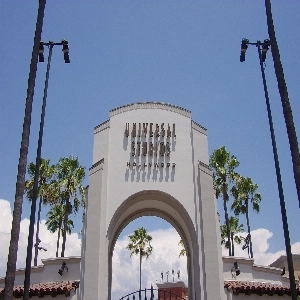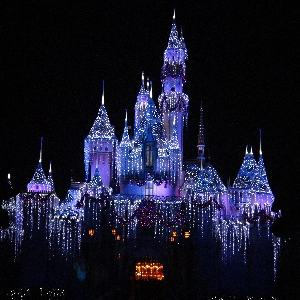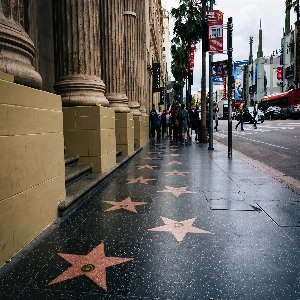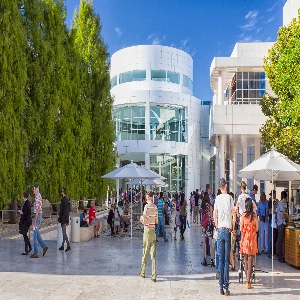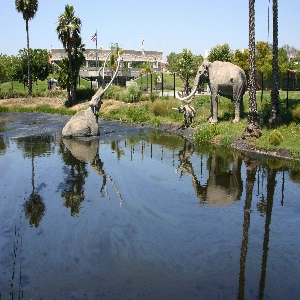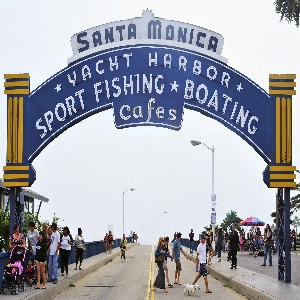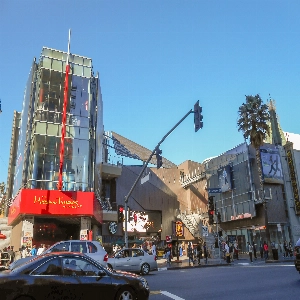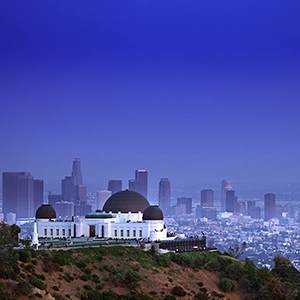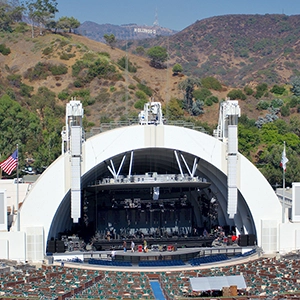Walt Disney Concert Hall
Introduction to Walt Disney Concert Hall
The Walt Disney Concert Hall, situated in Downtown Los Angeles, California, is a magnificent testament to the vision of its creator, architect Frank Gehry. This iconic building, celebrated for its unique stainless steel exterior and exceptional acoustics, serves as the home of the Los Angeles Philharmonic and the Los Angeles Master Chorale. Since its opening in October 2003, the Walt Disney Concert Hall has become an essential symbol of creativity and innovation in the world of music and architecture.
Design and Architecture of Walt Disney Concert Hall
Designed by Pritzker Prize-winning architect Frank Gehry, the Walt Disney Concert Hall has emerged as a modern architectural marvel. The structure, which covers an area of 3.6 acres, is an amalgamation of five different performance spaces, including the 2,265-seat main auditorium, the Roy and Edna Disney/CalArts Theater (REDCAT), and an outdoor amphitheater. It also incorporates other facilities, such as restaurants, a cafe, a gift shop, and public gardens.
Known for its distinctive exterior design, the Walt Disney Concert Hall is a visual representation of Gehry's innovative and recognizable style. The building, which was inspired by the sails of a ship, encapsulates the concept of motion to symbolize the dynamic nature of music. Composed of twisting and undulating stainless steel curves, the structure reflects the sunlight and dramatically changes its appearance throughout the day, giving it a sense of fluidity and movement. The hall’s nautical theme extends to the interior as well, with the curved wooden walls of the main auditorium recalling the hull of a ship.
One of the most striking features of the Walt Disney Concert Hall is its innovative use of materials, primarily steel and Douglas fir. The combination of these materials enables the hall to provide a visually stunning and acoustically exceptional environment for its users. To create the dual-curved exterior panels, Gehry employed a process known as CATIA (Computer-Aided Three-dimensional Interactive Application), allowing him to design and manufacture each curve more efficiently and with remarkable precision.
The Acoustic Excellence of Walt Disney Concert Hall
A collaboration between Gehry and renowned acoustician Yasuhisa Toyota resulted in the distinctive acoustical design of the Walt Disney Concert Hall. This design combines elements of both the vineyard style – where the audience is placed on all sides of the stage – and the shoebox style – where the audience is situated on one side of the stage while the other three sides are walls. The result is an auditorium that allows for an immersive and intimate concert experience, fostering a sense of connection between the musicians and the audience.
The hall's exceptional acoustics are a direct consequence of Gehry and Toyota's attention to detail. The auditorium's walls, ceiling, and balconies are all designed to enhance sound diffusion, ensuring that everyone in the audience can enjoy an optimal listening experience. Many of the hall's interior surfaces are composed of Douglas fir, a material known for its sound-absorption qualities. The hall also boasts a large, custom-built pipe organ with adjustable sound chambers, further contributing to the flexibility and versatility of its acoustic properties.
The History of Walt Disney Concert Hall
The story of the Walt Disney Concert Hall began in 1987 when Lillian Disney, the widow of legendary animator and entrepreneur Walt Disney, donated $50 million to construct a performance venue for the Los Angeles Philharmonic. Her vision was to create a space that would not only serve as a cultural landmark for the city but also provide an environment where people from all walks of life could appreciate music and the arts.
After several years of planning and deliberation, Frank Gehry was selected as the architect for the project due to his innovative style and commitment to creating distinctive, iconic structures. Construction of the Walt Disney Concert Hall commenced in 1999, with a groundbreaking ceremony attended by local community leaders and distinguished guests, including Lillian Disney's daughter, Diane Disney Miller. The project faced several obstacles along the way, including financial difficulties, delays in construction, and concerns over the potential glare from its stainless steel exterior.
Despite these challenges, the Walt Disney Concert Hall finally opened its doors on October 23, 2003. In the years since, it has continued to captivate visitors and serve as a focal point for the Los Angeles arts community. It has also played an essential role in revitalizing the downtown area, acting as a catalyst for new cultural and architectural developments in the surrounding district.
Exploring the Walt Disney Concert Hall Today
Visitors to the Walt Disney Concert Hall can take advantage of public tours, which provide insight into the building's history, design, and ongoing role in the Los Angeles cultural scene. The concert hall also offers a range of events and performances, including concerts by the Los Angeles Philharmonic, Los Angeles Master Chorale, and various guest artists from around the world. The diverse programming caters to a wide array of musical tastes, featuring everything from classical to jazz and contemporary genres.
The Walt Disney Concert Hall has also recently expanded its offerings with the outdoor Keck Amphitheatre, broadening the venue's ability to host a wide range of cultural events, including free community concerts and festivals. Additionally, the Hall's location in downtown Los Angeles makes it an ideal starting point for exploring the city's vibrant cultural and architectural landscape.
Conclusion
The Walt Disney Concert Hall stands as a symbol of creativity, innovation, and the power of music to inspire and transform lives. Frank Gehry's iconic design, coupled with the extraordinary acoustics and rich programming, make it an essential destination for anyone visiting Los Angeles or seeking a truly exceptional concert experience. The Hall not only honors the legacy of its namesake, Walt Disney, but it also serves as a reminder of the impact that the arts can have on a city and its people.
